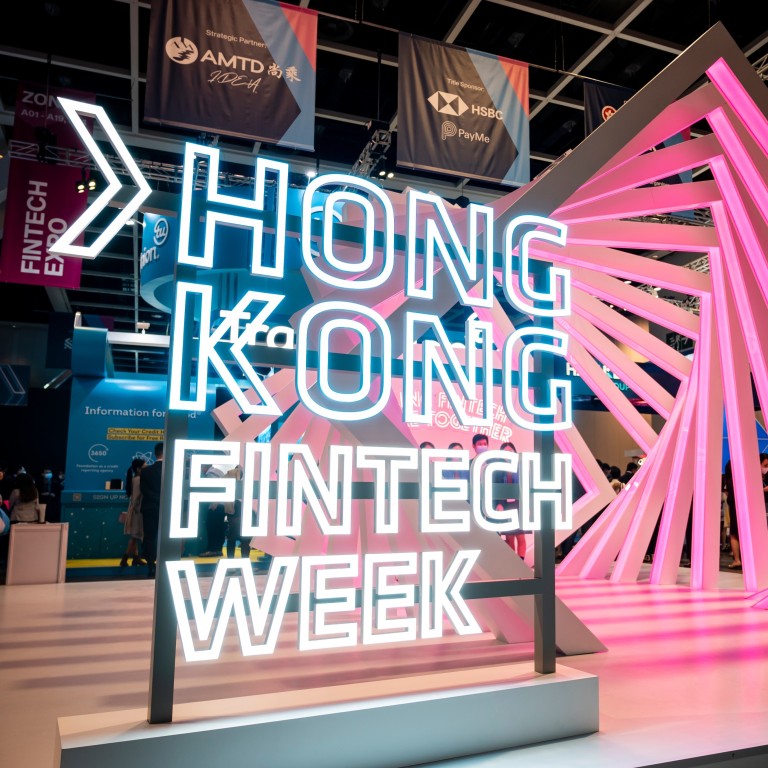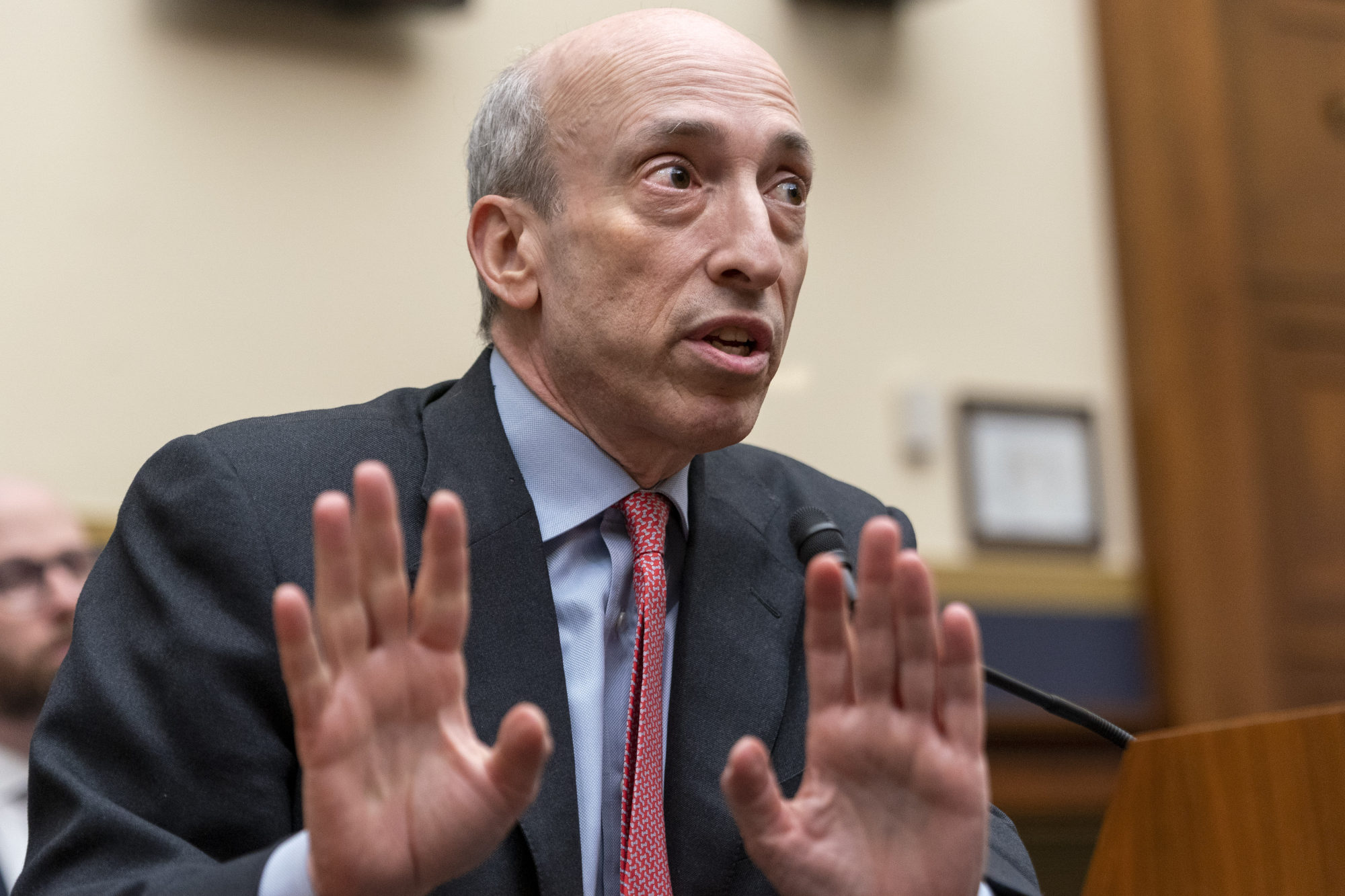
Hong Kong’s crypto rules help it fit in more than stand out, but experts say that’s good
- Hong Kong’s virtual asset regulations effective this month are closely aligned with global standards, and some rules are even more stringent
- From Singapore to Europe, new rules are coalescing around something resembling global standards for the industry, with the US being the odd one out
With its new cryptocurrency rules now in effect, Hong Kong’s strategy to become a global virtual asset hub looks less like trying to stand out than trying to fit in.
Experts say the city’s rules align with global trends, with some being even more restrictive. Hong Kong exchanges must store private keys on shore, for example, and 98 per cent of customer funds must be kept in what are called cold wallets, which are stored offline for security. In Japan, the cold storage requirement is 95 per cent of funds, said Chengyi Ong, head of APAC policy at Chainalysis, a blockchain analytics firm.
Crypto exchanges undeterred by high costs of Hong Kong’s new rules now in effect
“The Hong Kong regulations are granular and, in some ways, more stringent than those in other markets,” Ong said by email. “These requirements will entail operational costs for exchanges, but it speaks to the type of players that Hong Kong is looking to attract, which are those with the resources and commitment to meet high compliance standards.”
While different markets have their own approach to defining virtual assets and deciding which ones constitute securities, the broad strokes of modern crypto legislation look similar.
“Broadly speaking, the new regime is very much in line with international trends on digital asset regulation,” Ong told the Post this week in the Inside China podcast. “We’re seeing this move towards comprehensive frameworks covering prudential soundness, market conduct and consumer protection.”
A big consideration for Hong Kong in adhering to existing standards is its position in the global financial system, according to Vince Turcotte, director of digital assets at Eventus, a global trade monitoring software company.
“It’s very important, as everybody knows, for Hong Kong to maintain its stature as a global financial centre,” said Turcotte, who is based in the city. “Yes, we’re the entrepôt to China, but at the same time, we are a legitimate global financial centre, whether it’s the HKEX or any of the other trade-oriented businesses that take place here.”

Singapore, another Asian financial hub, has recently benefited from an exodus of certain business activity from Hong Kong in the last few years, and enjoys a reputation for having more lenient crypto rules. But this could be changing.
Last year, the Monetary Authority of Singapore (MAS) proposed more restrictions on retail trading in a consultation paper suggesting people be required to pass a test to buy crypto and barring them from buying on credit, citing risks associated with borrowing for investment.
“With the MAS’ proposals, it’s actually very much aligned with [Hong Kong’s] SFC in many regards,” said Rahul Advani, the Singapore-based APAC policy director for Ripple, the blockchain company known for its XRP cryptocurrency. “It’s just that the SFC has gone from an outright ban into some allowance, whereas the MAS has gone from absolutely no restrictions to some restrictions. So they’ve approached it from different ends, but I think the end result is going to be about the same.”
Under Hong Kong’s new rules, retail investors can buy tokens with large market capitalisations, such as bitcoin and ether. A previous voluntary licensing scheme required people to have a portfolio of at least HK$8 million (US$1 million). Only two exchanges, OSL and HashKey, got licenses under those rules.
Brooks Entwistle, APAC managing director and senior vice-president of global customer success at Ripple, noted the differences between the two cities’ approaches, but said their positions in financial markets will give them greater clout in setting global rules.
“This is an opportunity for Hong Kong and Singapore to lead the world on where this industry goes” he said. “We need both financial centres to be big, successful and have the right regulations, and have a place where you can build, and entrepreneurs want to be here.”
These regulations are considered even more comprehensive than what many other markets have, including Hong Kong. MiCA covers more types of crypto – including stablecoins, rules on which the Hong Kong Monetary Authority is currently working – and service providers.
“Differences across national regulatory frameworks are to be expected, given that each regulator has a different starting position,” Ong said. “The important thing is that each market has a framework that is well calibrated to the sources of risk, and that these frameworks recognise the global nature of digital asset businesses.”

The US remains a major outlier. In the absence of clear rules, the Securities and Exchange Commission (SEC) has sued several companies and personalities for selling crypto it considered to be unregistered securities. This case-by-case approach “can foster uncertainty”, Ong said, and “clarifying legislation” may eventually be needed.
Ripple was one of the earlier companies to be hit with an SEC lawsuit, which it is still fighting.
“The result is we are building our business outside the US,” Ripple’s Entwistle said. “We have added the majority of our people in the last period of time outside the US, the majority of our businesses outside the US, and … the bulk of that is in this dynamic Asia region.”
Even as Hong Kong and other markets seem to be converging on something resembling global standards for the industry, current momentum may be on the financial hub’s side.
“It’s clear right now from an energy standpoint, an initiative standpoint … this is a moment that Hong Kong is having right now on this front,” Entwistle said. “There’s just a lot of activity, and we think it’s an important moment.”

